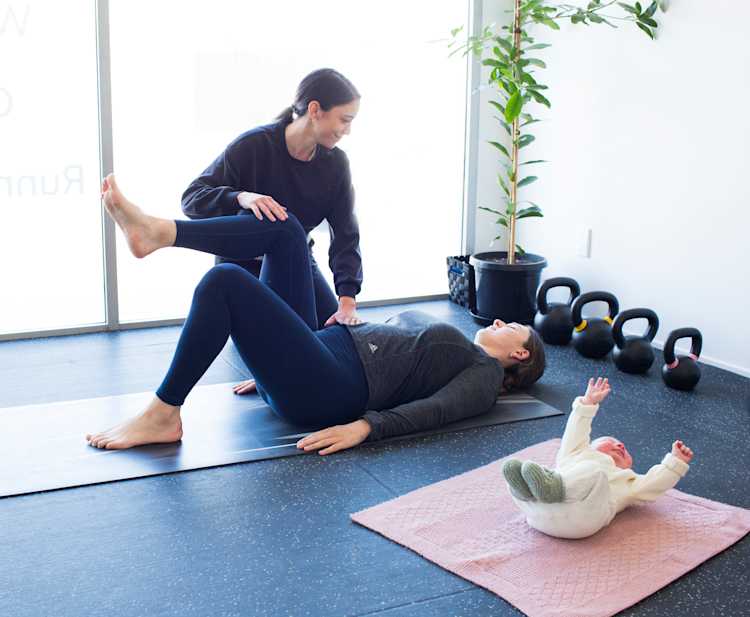
Everything you need to know about ACC Birth Injuries
Did you know that ACC are now supporting women in NZ who have experienced a maternal birth injury for physiotherapy treatment? This change came about in October 2022, therefore certain birth injuries that occurred on or after 1st October 2022 will be covered.
Have a read below to learn more about what injuries they are covering, how to register a claim and why you should see a women’s health physio after giving birth.
Click here to book your postnatal birth injury appointment with us.
Did you know that ACC are now supporting women in NZ who have experienced a maternal birth injury for physiotherapy treatment? This change came about in October 2022, therefore certain birth injuries that occurred on or after 1st October 2022 will be covered.
Have a read below to learn more about what injuries they are covering, how to register a claim and why you should see a women’s health physio after giving birth.
What birth injuries do ACC cover?
The most common injuries that we would see as pelvic floor physiotherapists are below.
For a full list of all covered injuries see ACC’s website here.
Tearing to the perineum, anal sphincter, labia, vagina, urethra and more
Prolapse to the anterior vaginal wall, posterior vaginal wall or uterine prolapse
Coccyx fracture or dislocation
Levator Ani Avulsion
Pudendal neuropathy
Unfortunately at the moment ACC are not covering episiotomies or c-sections.
If you are unsure if your injury will be covered, please feel free to contact us for further advice.
How register a maternal birth injury with ACC
If you gave birth on or after October 01st 2022 then you are eligible to register your maternal birth injury. There are a few people who can do this including your midwife, your doctor, or your pelvic floor physiotherapist.
If you are booking in for a postnatal pelvic floor physiotherapy appointment with us then we can register your claim for you during your first session. If you have your birth notes handy it helps to bring these along with you.
Why should I see a physio after giving birth?
We have a team of experienced women’s health and pelvic floor physiotherapists here at Four who are skilled in assessing, diagnosing and treating a range of concerns and injuries - and this includes maternal birth injuries.
These appointments are run in the same way that our postnatal physiotherapy appointments and are recommended for all women who are in their fourth trimester or beyond.